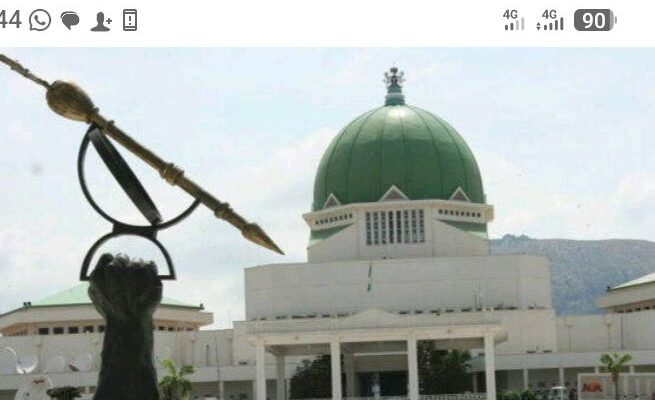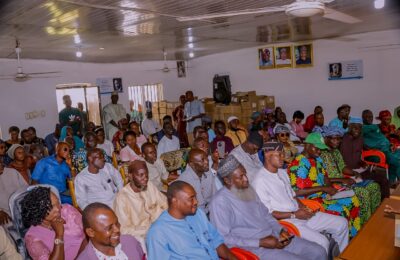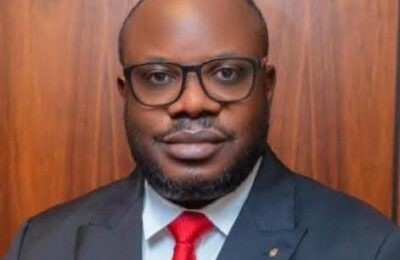WHILE WE FIGHT, THEY CHOP
By: Muhammed Abdullahi
A Nation Divided for Profit
Across our country, citizens are locked in endless arguments—tribe against tribe, religion against religion, region against region. Yet, while the people quarrel, a small group at the top quietly feasts on the nation’s wealth. The divisions among citizens are not accidents; they are carefully planted seeds, watered and nurtured by those who profit when we are divided.
The Politics of Difference
Diversity should be our strength. Nigeria is blessed with cultures, languages, and traditions that enrich us. But instead of building unity, politicians and elites twist these differences into weapons.
They remind us of “us” and “them.” They magnify suspicion. They campaign on tribal loyalties instead of policies. And while we are distracted, they raid the treasury and milk the national cake.
The Cost of Disunity
This strategy has consequences that touch every home: Economic stagnation: Investors avoid divided nations. Resources that should build schools and hospitals are wasted on security or stolen outright.
Political tension: Elections become ethnic contests, not policy debates. Citizens vote along tribal lines, not based on competence.
Social mistrust: Communities eye one another with suspicion. Friendships are broken along artificial boundaries.
Brain drain: Frustrated citizens flee abroad, draining talent from the nation.
Loss of national identity: Instead of saying “I am Nigerian,” people cling to tribe, religion, or region.
This is the real tragedy. We are too busy fighting one another to see who the true enemy is.
Who Benefits?
The question is simple: who gains from our disunity?
The answer is clearer still: the ruling elite. When citizens are united, leaders can be held accountable. But when citizens are divided, leaders steal with ease. This is the oldest trick in politics: divide and rule. From colonial masters who set groups against one another, to today’s politicians who stir ethnic fears during campaigns, the story is the same. And the result is predictable: while the poor quarrel over crumbs, the rich enjoy the cake.
Lessons from History
History warns us about the dangers of division. The Roman Empire crumbled from internal strife. African nations collapsed into civil wars fueled by ethnic rivalries. Even Nigeria’s own civil war of 1967–1970 shows the damage that disunity can cause.
Yet history also offers hope. Rwanda, once scarred by genocide, is healing through unity. South Africa turned from apartheid to reconciliation. Nigeria too can break this cycle—if we act with urgency.
The Cure: Deliberate Unity
Division is not destiny. It is a choice imposed on us. And unity, too, is a choice we must deliberately make.
The cure lies in:
1. Visionary leadership – Leaders who rise above tribe and treat all citizens fairly.
2. Inclusive governance – A fair share of resources and opportunities for all.
3. Civic education – Citizens trained to see manipulation for what it is.
4. Strong institutions – Courts, media, and watchdogs that expose corruption.
5. People-to-people bonds – Marriages, partnerships, and friendships that cut across divides.
The Media’s Role
The media cannot afford to be neutral. Every headline, every broadcast, either fuels division or builds unity. Responsible reporting, exposing corruption, and highlighting stories of cooperation are powerful tools for healing.
The pen, it is said, is mightier than the sword. In Nigeria today, it may be mightier than the politics of division.
A Call to Wake Up
The truth is stark: the enemy is not your neighbor who speaks a different language or worships differently. The enemy is the small elite who thrives when you hate that neighbor.
If unity is strength, then division is weakness. Only when we stand together can we force fairness, justice, and accountability. Only then can the national cake be shared, not stolen.
Martin Luther King Jr. once warned: “We must learn to live together as brothers, or perish together as fools.” For Nigeria, that choice is before us again.




